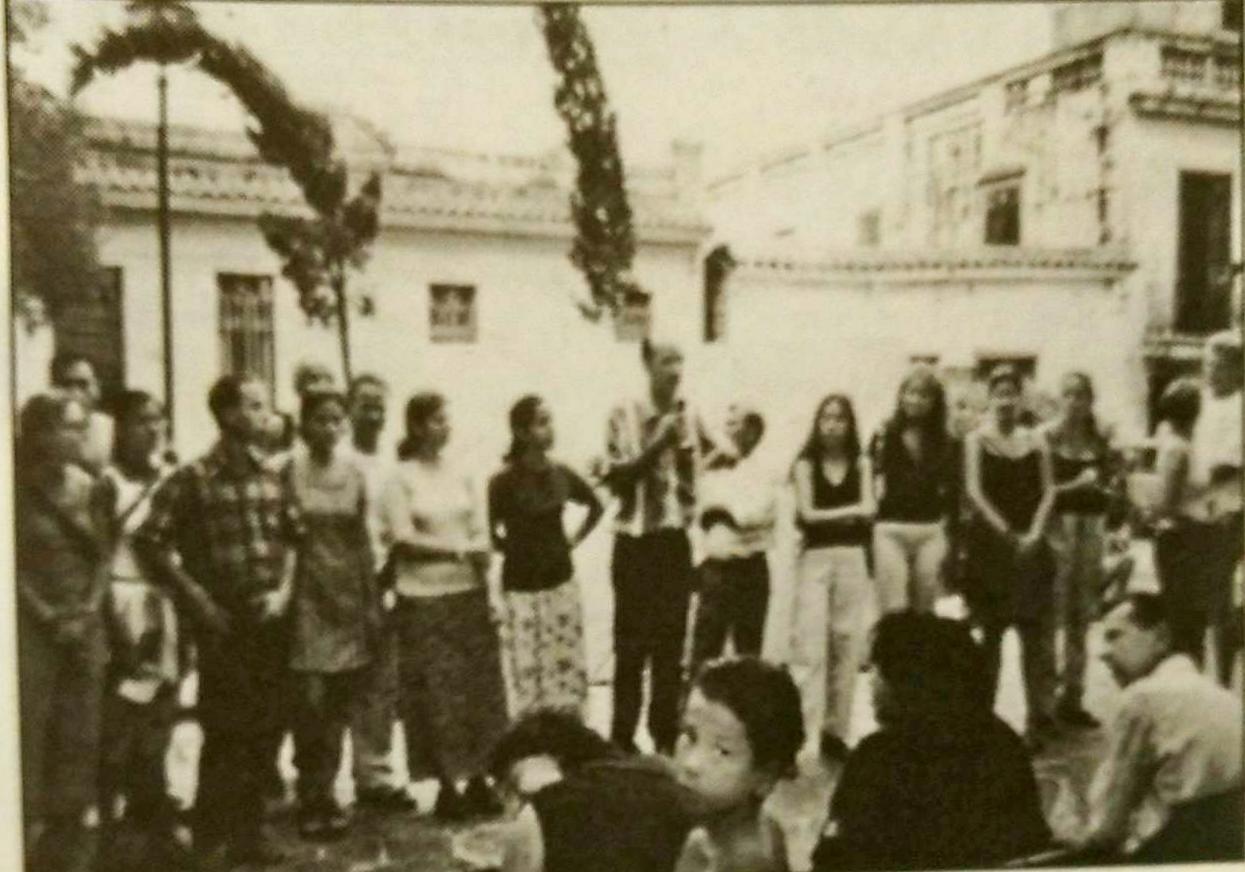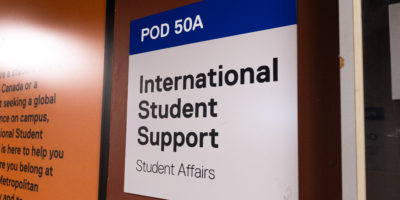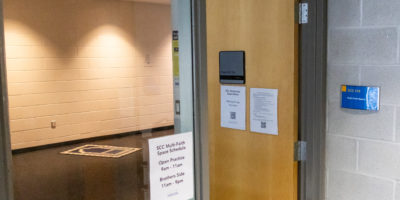By Siri Agrell and Allen Woods
Urban and regional planning students are furious, and faculty member are mad at one another, after their month-long spring field project in Cuba was cancelled because some faculty felt it was unethical.
The trip, which is open to any third-year student in the faculty of community services, grants students academic credit for research they do in Cuba. Each summer, 16 Ryerson students are paired with students from a Cuban university to study the living conditions of residents of Havana, the country’s capital.
But on Oct. 23, professors from the school of urban and regional planning — part of the faculty of community services — voted to “stand aside” from this summer’s trip while a review is being completed.
“There are ethical concerns,” said Beth Moore Milroy, director of urban and regional planning. “When one does work with people less powerful than oneself, it raises ethical concerns that must be addressed.”
Some of the other community services programs are also reconsidering their involvement with the trip, but so far urban and regional planning is the only school that has pulled out.
Students who have been on the trip are upset they weren’t consulted about its effectiveness before it was put on hold.
“The process has been very undemocratic,” said one planning student who participated in the project, but didn’t want his name used because of tension among faculty in the department. “It is everything they tell us as planner not to do.”
The student also said faculty’s ethical concerns are unwarranted because the students aren’t building expectations within the Cuban community. “The very first thing we do when we speak to the community is tell them that this is a school project.”
Lawrence Altrows, a planning professor who has organized the trip since its inception two years ago, is also angry planning students won’t be involved in this year’s project.
“I was really caught off guard,” said Altrows. “In the last two years we’ve built a very good relationship with the [Cuban] community.”
Altrows said the planning students’ absence will affect the overall success of the program.
“If you look at the nature of this project — the marriage of social issues and spatial issues — you can guess which group of students best accommodate that marriage,” Altrows said.
Joseph Springer was one of the supervisors on last May’s trip. He resigned the position on his first day on the job in Cuba after expressing his ethical objections.
“He told me, ‘I can’t be a part of this,’” Altrows said. “I accepted his resignation.”
The project’s co-supervisor, Nani Reddy, took over Springer’s position for the remainder of the trip.
Springer refused to explain to The Eyeopener why he backed out.
On Oct. 23, when the faculty was meeting to decide whether to hold out on the trip or not, Altrows stormed out before the vote,
“It was clear that they already made a decision so I walked out.”
He said no faculty member who voted to suspend the trip has ever asked him about the benefits students get from the project.
“They’re clueless. It’s not a thing you can easily understand if you don’t ask questions,” he said.
A review to be completed this school year will analyze the benefits of the trip for all community services students.
Milroy said until that’s finished, no definite decisions can or will be made about future Cuba field trips, but this year, planning students won’t be going.
Planning faculty are also interested in seeing what impact students’ involvement has on underprivileged Cubans.
“Has it been ethically sensitive? I don’t know. That’s what we’re waiting to find out,” Milroy said. “I’m sure that’s bee the expectation and the wish of everyone involved. We want to know if our wishes have been fulfilled.”













Leave a Reply